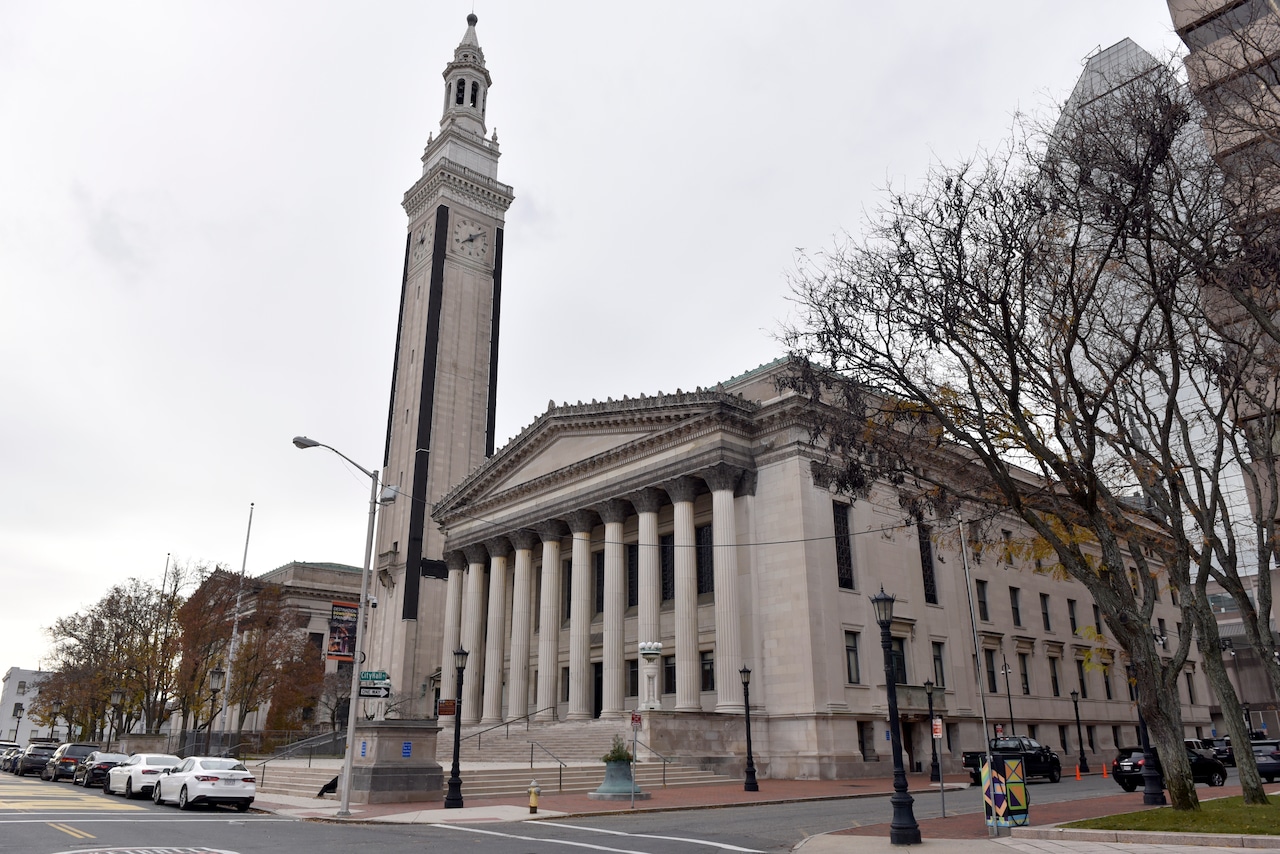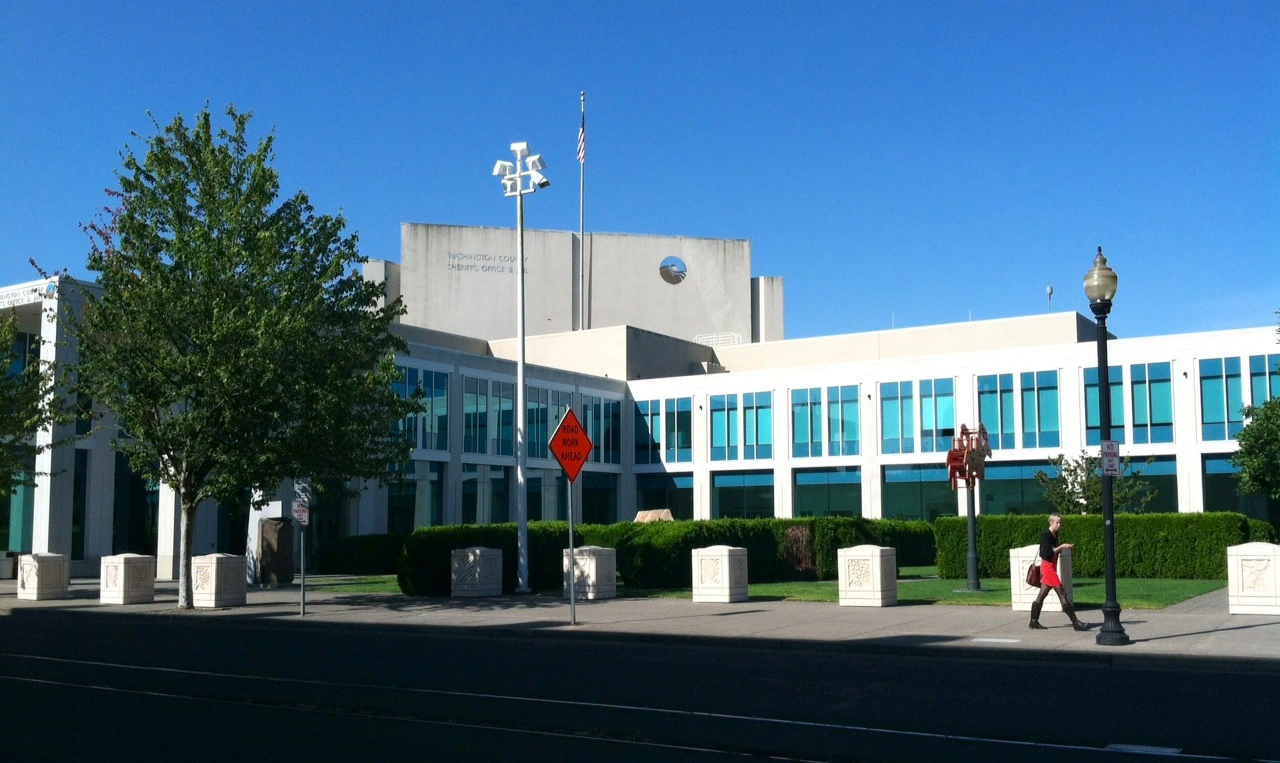Copyright MassLive

SPRINGFIELD — The city shifted the maximum tax burden allowed to businesses last year, closing that as an option to lower residential taxes now. The tax classification committee met Wednesday for the first time this year to discuss making recommendations to the City Council on how to set this year’s tax rate. Because the state Department of Revenue has not certified city numbers the actual amounts will not be available until next week. Over the last few years, the city has slowly pushed more of the tax burden onto businesses. Last year commercial property owners paid 1.75% of the levy, or the amount needed to pay the city’s expenses this year, while homeowners paid 0.77% of the amount. “This means we cannot shift any more burden to the businesses,” said Jessica Guerra, chairwoman of the Board of Assessors. With no ability to shift more of the burden to businesses, the committee discussed how to try to lower the tax rates for everyone in the city, saying the average property tax bill has increased yearly for a least a decade and many people are struggling to pay growing bills. In total, there are 45,979 taxable parcels in the city. That total includes everything from large industrial and commercial properties to homes and small businesses, Guerra said. The number of properties typically increases every year, creating new growth and more tax revenues, but the amount may not change the burden to current property taxpayers much, she said. “I want us to think about the residents in our city,” said City Councilor Zaida Govan. “We have to start thinking creatively on how we could slow it down for our residents.” She said one option is to break into the city’s stabilization fund to pay more of the levy. In the past, Mayor Domenic J. Sarno and city councilors have been opposed to the idea of using the one-time funds. Committee members agreed the only real way to lower taxes is to reduce the $985 million budget, which was adopted at the end of May. “Our budget grows consistently bigger and I’m not saying I know where to cut,” said City Councilor Timothy Allen who heads the council’s finance committee and the tax classification committee. He added there were no real suggestions to cut the budget this year before it was adopted by the City Council, even though a few members did vote against it because of the growing size. He talked about trying to make an about $2.8 million cut a dozen years ago and said it was “brutal.” Eventually, $1 million of the spending was restored and in between he and other councilors made enemies of the mayor, some fellow councilors and residents who saw services cut. Cathy Buono, chief administration and financial officer for the city, said this year’s budget increased by about $50 million and nearly all of it was fixed costs such as paying for an 18% increase in health insurance and 2% raises agreed upon in union contracts. The increase came even though the city cut 15 positions that were vacant and departments shaved off other expenses such as supplies and travel. The city does offer tax relief help for people who are low-income, elderly, veterans and those who are blind. It also added a new targeted tax relief program where people can donate money to help their fellow taxpayers who may miss eligibility requirements by a small amount but still need help. In fiscal year 2025, about 1,100 people received abatements, Guerra said.



